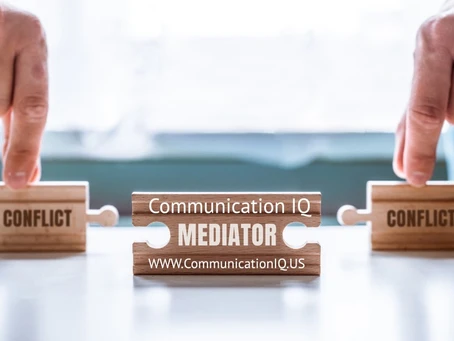In a recent HBR Article, the Chairman of Vital Smarts, Joseph Grenny and HR executive, Derek Cullimore, addressed how to plan a conversation specifically around potential conflict and anxiety regarding current pain points between employers and employees, ie: transitions from home to office, vaccinations, masks among others. Here is an excerpt;
Human Resources2 min read
Create a safe and connected conversation
In a recent HBR Article, the Chairman of Vital Smarts, Joseph Grenny and HR executive, Derek Cullimore, addressed how to plan a...
G
Gerald Parsons
Author

Published on Sep 21, 2021 by Gerald Parsons
349 words
Share this post:
More from our blog
Discover more insights to help grow your business.

Communication
A Stitch in Time: Why Communication Can't Be Left to Chance
A small, timely fix prevents a much bigger mess later on. In business and relationships, the 'stitch' is communication. Learn why structured communication methodology is essential for organizational success.

Founder

Leadership
Level Four Value
Esek Minds delivers Level Four Value, as defined by the Kirkpatrick Evaluation Model, by showing measurable business impact and return on investment (ROI) in terms of dollars.

Founder

Leadership
The Seven Most Common Communication Questions
Seven common questions about communication that every leader should know how to answer.

Founder